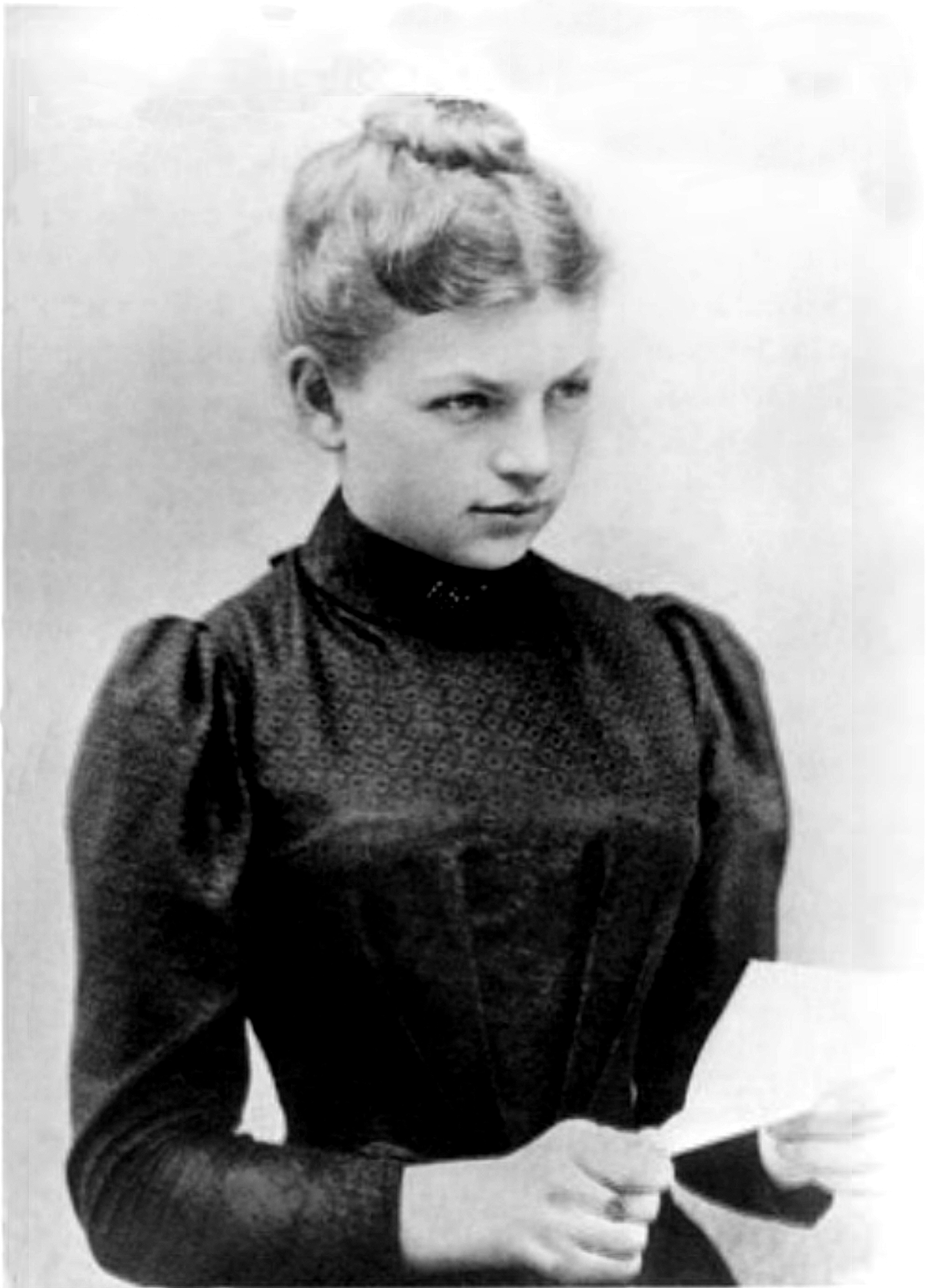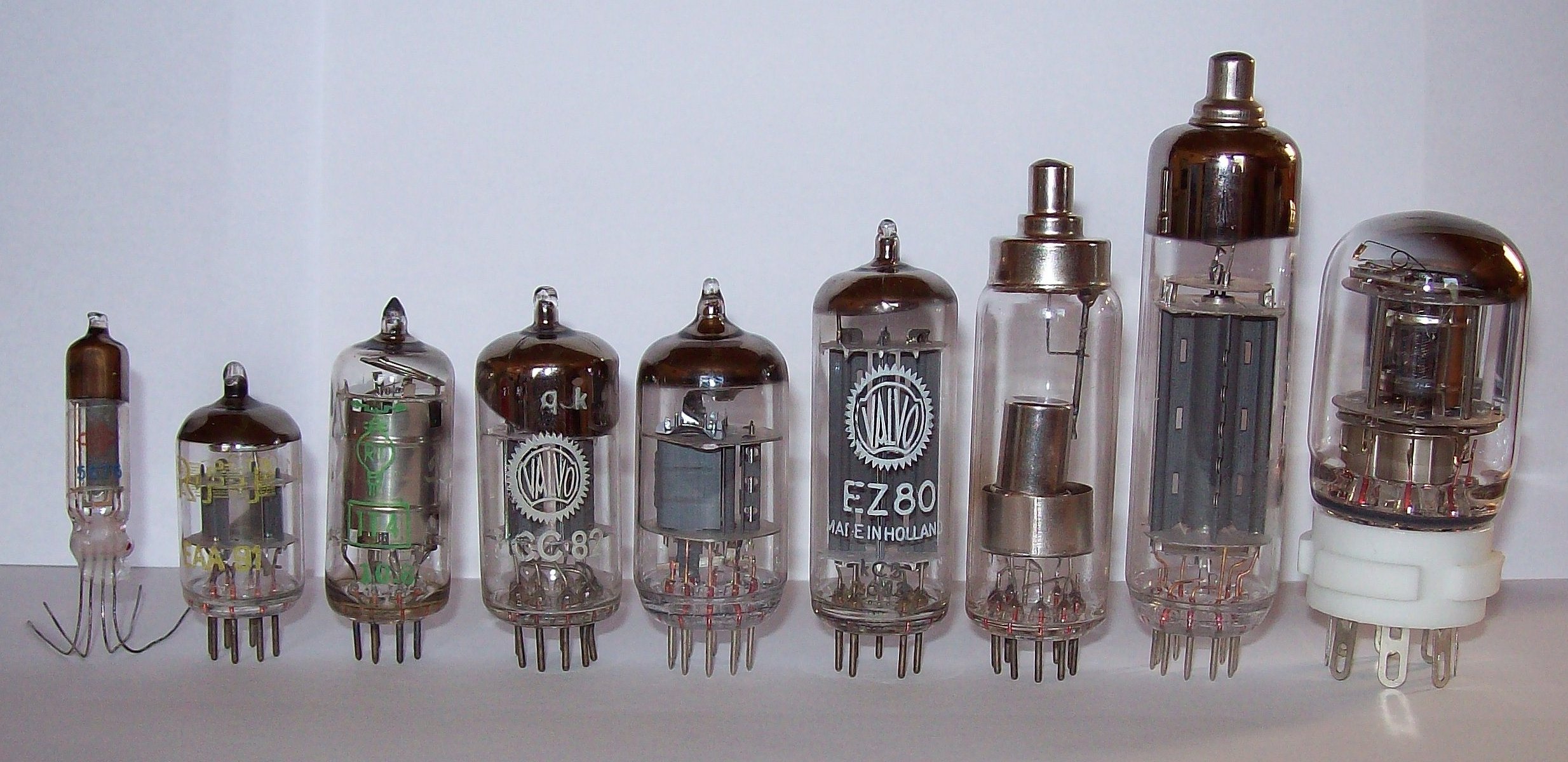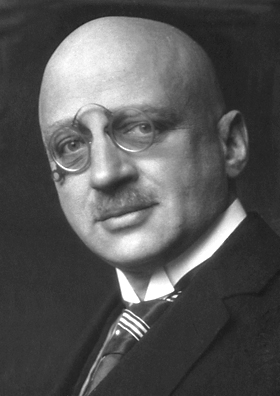|
Robert Le Rossignol
Robert Le Rossignol (27 April 1884 – 26 June 1976) was a British chemist. He is most known for his work with Fritz Haber on the fixation of nitrogen from atmospheric air, the Haber process. He was born in Saint Helier, Jersey, Channel Islands, and attended school there. He matriculated from the University of London in 1901 and graduated from University College London in 1905 where he remained, becoming a member of the Institute of Chemistry of Great Britain and a Fellow of the Chemical Society of London. In 1908–1909, he worked with Fritz Haber in Germany on the difficult problem of demonstrating ammonia synthesis from air, eventually producing a tabletop apparatus that worked at 200 atmospheres pressure. Haber was awarded the Nobel Prize for his discovery that virtually "made bread from the air" and recognized the assistance he'd received from Le Rossignol, whose name appears on Haber's patents for the process. He was interned in Germany in 1914 at the outbreak of the first W ... [...More Info...] [...Related Items...] OR: [Wikipedia] [Google] [Baidu] |
Fritz Haber
Fritz Haber (; 9 December 186829 January 1934) was a German chemist who received the Nobel Prize in Chemistry in 1918 for his invention of the Haber–Bosch process, a method used in industry to synthesize ammonia from nitrogen gas and hydrogen gas. This invention is important for the large-scale synthesis of fertilisers and explosives. It is estimated that one-third of annual global food production uses ammonia from the Haber–Bosch process, and that this supports nearly half of the world's population. Haber, along with Max Born, proposed the Born–Haber cycle as a method for evaluating the lattice energy of an ionic solid. Haber, a known German nationalist, is also considered the "father of chemical warfare" for his years of pioneering work developing and weaponising chlorine and other poisonous gases during World War I, especially his actions during the Second Battle of Ypres. His work was later also used to develop Zyklon B, used for the murder of more than 1 million of ... [...More Info...] [...Related Items...] OR: [Wikipedia] [Google] [Baidu] |
General Electric Company
The General Electric Company (GEC) was a major British industrial conglomerate involved in consumer and defence electronics, communications, and engineering. The company was founded in 1886, was Britain's largest private employer with over 250,000 employees in the 1980s, and at its peak in the 1990s, made profits of over £1 billion a year. In June 1998, GEC sold its share of the joint venture GEC-Alsthom on the Paris stock exchange. In December 1999, GEC's defence arm, Marconi Electronic Systems, was sold to British Aerospace, forming BAE Systems. The rest of GEC, mainly telecommunications equipment manufacturing, continued as Marconi Communications. After buying several US telecoms manufacturers at the top of the market, losses following the bursting of the dot-com bubble in 2001 led to the restructuring in 2003 of Marconi plc into Marconi Corporation plc. In 2005, Ericsson acquired the bulk of that company. What was left of the business was renamed Telent. History ... [...More Info...] [...Related Items...] OR: [Wikipedia] [Google] [Baidu] |
1884 Births
Events January–March * January 4 – The Fabian Society is founded in London. * January 5 – Gilbert and Sullivan's ''Princess Ida'' premières at the Savoy Theatre, London. * January 18 – Dr. William Price attempts to cremate his dead baby son, Iesu Grist, in Wales. Later tried and acquitted on the grounds that cremation is not contrary to English law, he is thus able to carry out the ceremony (the first in the United Kingdom in modern times) on March 14, setting a legal precedent. * February 1 – ''A New English Dictionary on historical principles, part 1'' (edited by James A. H. Murray), the first fascicle of what will become ''The Oxford English Dictionary'', is published in England. * February 5 – Derby County Football Club is founded in England. * March 13 – The siege of Khartoum, Sudan, begins (ends on January 26, 1885). * March 28 – Prince Leopold, the youngest son and the eighth child of Queen Victoria and Pr ... [...More Info...] [...Related Items...] OR: [Wikipedia] [Google] [Baidu] |
People From Saint Helier
A person ( : people) is a being that has certain capacities or attributes such as reason, morality, consciousness or self-consciousness, and being a part of a culturally established form of social relations such as kinship, ownership of property, or legal responsibility. The defining features of personhood and, consequently, what makes a person count as a person, differ widely among cultures and contexts. In addition to the question of personhood, of what makes a being count as a person to begin with, there are further questions about personal identity and self: both about what makes any particular person that particular person instead of another, and about what makes a person at one time the same person as they were or will be at another time despite any intervening changes. The plural form "people" is often used to refer to an entire nation or ethnic group (as in "a people"), and this was the original meaning of the word; it subsequently acquired its use as a plural form of ... [...More Info...] [...Related Items...] OR: [Wikipedia] [Google] [Baidu] |
British Chemists
British may refer to: Peoples, culture, and language * British people, nationals or natives of the United Kingdom, British Overseas Territories, and Crown Dependencies. ** Britishness, the British identity and common culture * British English, the English language as spoken and written in the United Kingdom or, more broadly, throughout the British Isles * Celtic Britons, an ancient ethno-linguistic group * Brittonic languages, a branch of the Insular Celtic language family (formerly called British) ** Common Brittonic, an ancient language Other uses *''Brit(ish)'', a 2018 memoir by Afua Hirsch *People or things associated with: ** Great Britain, an island ** United Kingdom, a sovereign state ** Kingdom of Great Britain (1707–1800) ** United Kingdom of Great Britain and Ireland (1801–1922) See also * Terminology of the British Isles * Alternative names for the British * English (other) * Britannic (other) * British Isles * Brit (other) * Briton (d ... [...More Info...] [...Related Items...] OR: [Wikipedia] [Google] [Baidu] |
World War II
World War II or the Second World War, often abbreviated as WWII or WW2, was a world war that lasted from 1939 to 1945. It involved the vast majority of the world's countries—including all of the great powers—forming two opposing military alliances: the Allies and the Axis powers. World War II was a total war that directly involved more than 100 million personnel from more than 30 countries. The major participants in the war threw their entire economic, industrial, and scientific capabilities behind the war effort, blurring the distinction between civilian and military resources. Aircraft played a major role in the conflict, enabling the strategic bombing of population centres and deploying the only two nuclear weapons ever used in war. World War II was by far the deadliest conflict in human history; it resulted in 70 to 85 million fatalities, mostly among civilians. Tens of millions died due to genocides (including the Holocaust), starvation, ma ... [...More Info...] [...Related Items...] OR: [Wikipedia] [Google] [Baidu] |
Penn, Buckinghamshire
Penn is a village and civil parish in Buckinghamshire, England, about north-west of Beaconsfield and east of High Wycombe. The parish's cover Penn village and the hamlets of Penn Street, Knotty Green, Forty Green, Penn, Forty Green and Winchmore Hill, Buckinghamshire, Winchmore Hill. The population was estimated at 4,168 in 2019. History The name is Brythonic languages, Brythonic in origin, comparable with the modern Welsh Language, Welsh typonym ''pen'', and may mean "hill top" or "end". Penn stands on a strong promontory of the Chiltern Hills. From the tower of Trinity, Holy Trinity Parish Church, it is claimed to be possible to see into several other counties. The Penn family Segraves Manorialism, Manor, the principal seat in Penn, belonged to the Penn family. Sybil Penn, wife of David, was dry nurse and foster mother to Edward VI of England, King Edward VI and Lady of the Bed Chamber to his sister, Elizabeth I of England, Queen Elizabeth I. Penn Estate directly benefite ... [...More Info...] [...Related Items...] OR: [Wikipedia] [Google] [Baidu] |
Vacuum Tube
A vacuum tube, electron tube, valve (British usage), or tube (North America), is a device that controls electric current flow in a high vacuum between electrodes to which an electric voltage, potential difference has been applied. The type known as a thermionic tube or thermionic valve utilizes thermionic emission of electrons from a hot cathode for fundamental electronic functions such as signal amplifier, amplification and current rectifier, rectification. Non-thermionic types such as a vacuum phototube, however, achieve electron emission through the photoelectric effect, and are used for such purposes as the detection of light intensities. In both types, the electrons are accelerated from the cathode to the anode by the electric field in the tube. The simplest vacuum tube, the diode (i.e. Fleming valve), invented in 1904 by John Ambrose Fleming, contains only a heated electron-emitting cathode and an anode. Electrons can only flow in one direction through the device—fro ... [...More Info...] [...Related Items...] OR: [Wikipedia] [Google] [Baidu] |
Auergesellschaft
The industrial firm ''Auergesellschaft'' was founded in 1892 with headquarters in Berlin. Up to the end of World War II, ''Auergesellschaft'' had manufacturing and research activities in the areas of gas mantles, luminescence, rare earths, radioactivity, and uranium and thorium compounds. In 1934, the corporation was acquired by the German corporation Degussa. In 1939, their Oranienburg plant began the development of industrial-scale, high-purity uranium oxide production. Special Soviet search teams, at the close of World War II, sent ''Auergesellschaft'' equipment, material, and staff to the Soviet Union for use in their nuclear weapon project. In 1958 ''Auergesellschaft'' merged with the Mine Safety Appliances Corporation, a multinational US corporation. Auergesellschaft became a limited corporation in 1960. History The ''Deutsche Gasglühlicht AG'' (Degea, German Gas Light Company), was founded in 1892 through the combined efforts of the Jewish entrepreneur and banker Geheimrat ... [...More Info...] [...Related Items...] OR: [Wikipedia] [Google] [Baidu] |
Haber Process
The Haber process, also called the Haber–Bosch process, is an artificial nitrogen fixation process and is the main industrial procedure for the production of ammonia today. It is named after its inventors, the German chemists Fritz Haber and Carl Bosch, who developed it in the first decade of the 20th century. The process converts atmospheric nitrogen (N2) to ammonia (NH3) by a reaction with hydrogen (H2) using a metal catalyst under high temperatures and pressures: : \ce \quad \Delta H^\circ = -91.8~\text Though this reaction is exothermic (i.e. it releases energy, albeit not very much), it results in a decrease in entropy, which is the central reason why it is very challenging to carry out. Before the development of the Haber process, it had been difficult to produce ammonia on an industrial scale, with early methods, such as the Birkeland–Eyde process and the Frank–Caro process, all highly inefficient. During World War I, the Haber process provided Germany with a so ... [...More Info...] [...Related Items...] OR: [Wikipedia] [Google] [Baidu] |
Nobel Prize
The Nobel Prizes ( ; sv, Nobelpriset ; no, Nobelprisen ) are five separate prizes that, according to Alfred Nobel's will of 1895, are awarded to "those who, during the preceding year, have conferred the greatest benefit to humankind." Alfred Nobel was a Swedish chemist, engineer, and industrialist most famously known for the invention of dynamite. He died in 1896. In his will, he bequeathed all of his "remaining realisable assets" to be used to establish five prizes which became known as "Nobel Prizes." Nobel Prizes were first awarded in 1901. Nobel Prizes are awarded in the fields of Physics, Chemistry, Physiology or Medicine, Literature, and Peace (Nobel characterized the Peace Prize as "to the person who has done the most or best to advance fellowship among nations, the abolition or reduction of standing armies, and the establishment and promotion of peace congresses"). In 1968, Sveriges Riksbank (Sweden's central bank) funded the establishment of the Prize in Economi ... [...More Info...] [...Related Items...] OR: [Wikipedia] [Google] [Baidu] |
Chemical Society Of London
The Chemical Society was a scientific society formed in 1841 (then named the Chemical Society of London) by 77 scientists as a result of increased interest in scientific matters. Chemist Robert Warington was the driving force behind its creation. History One of the aims of the Chemical Society was to hold meetings for "the communication and discussion of discoveries and observations, an account of which shall be published by the Society". In 1847, its importance was recognised by a Royal Charter, which added to its role in the advancement of science, the development of chemical applications in industry. Its members included eminent chemists from overseas including August Wilhelm von Hofmann, who became its president in 1861. Membership was open to all those interested in chemistry, but fellowship was for long restricted to men. In 1904, Edith Humphrey, thought to be the first British woman to gain a doctorate in chemistry (at the University of Zurich), was one of nineteen women c ... [...More Info...] [...Related Items...] OR: [Wikipedia] [Google] [Baidu] |

.jpg)

_1938.jpg)



